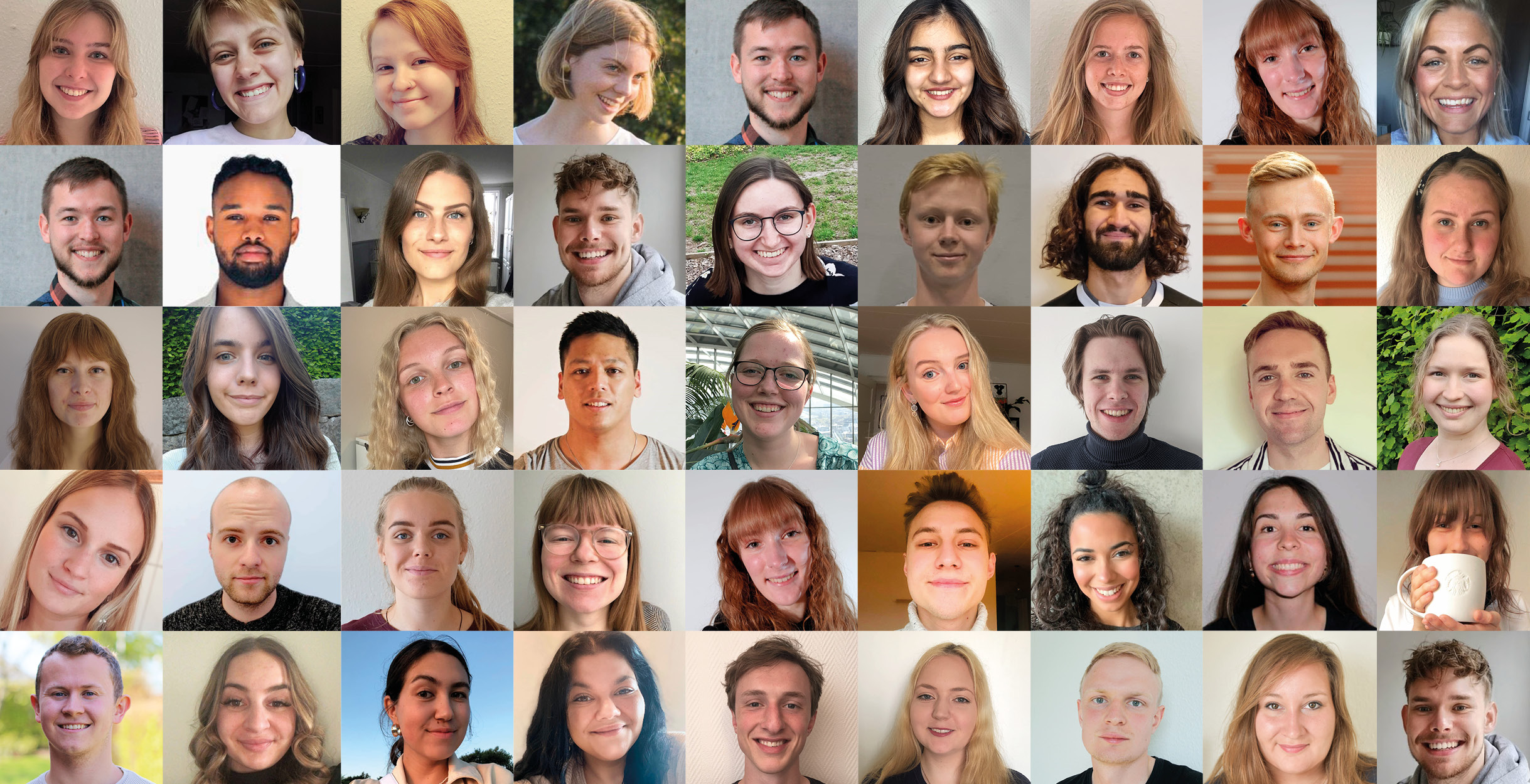About the master’s degree programme in Occupational Therapy
The master’s degree programme in Occupational Therapy provides you with new and practicable knowledge in occupational therapy and activity science that addresses current needs and challenges in the health sector and society.
You can earn your master’s degree at SDU in Odense; the programme is organised as a two-year full-time study.
You will gain practical knowledge and academic prowess
In the master’s degree programme in Occupational Therapy, you acquire the latest knowledge in activity science, everyday and welfare technologies, occupational therapy as a tool for health promotion as well as evidence-basing and development opportunities in the occupational therapy of the future.
You will be trained to apply scientific methods that are essential for quality development and evidence-based occupational therapy practice. This involves learning how to develop, test, evaluate and implement activity-based occupational therapy interventions that are scientifically substantiated and effective.
You will also gain the skills to design, implement, manage and implement both large-scale and small-scale projects in practice.
The programme provides you with a strong academic foundation as well as the opportunity to combine practical experience with theoretical insight.
You can help shape the future
With a master’s degree in Occupational Therapy, you will be prepared to lead and develop the occupational therapy of the future, while at the same time gaining tools generally applicable in positions within the field of healthcare.
The programme will also make you a valuable contributor in multidisciplinary teams where you can bring your expertise into play to solve complex health problems.
Whether you want to focus on occupational therapy practice, teaching or research, an MSc degree in Occupational Therapy for working professionals will give you a solid foundation on which to make a difference.
What does the programme lead to?
As a graduate in Occupational Therapy, you have a strong academic profile with skills to solve familiar and new work tasks in practice on an evidence-based basis.
In addition, you will have specialised skills that enable you to carry out public and private functions within:
- Health promotion and prevention
- Habilitation, rehabilitation and palliation
- Documentation and quality development
- Project planning and coordination
- Management
- Teaching
- Consultancy and interdisciplinary collaboration
- Research
Examples of post-graduation employment include:
- Developmental Therapist
- Clinical Specialist in Occupational Therapy
- Lead Therapist
- Project/Process Manager
- Training and teaching positions
The programme also provides you with the prerequisites for embarking on a PhD degree, where you can deepen your knowledge and contribute to the development of the occupational therapy profession, as well as engage in interdisciplinary research both nationally and internationally.
The programme is also available as a master’s programme for working professionals
If you are working and would like to study part-time, then a master’s programme for working professionals might be ideal for you. Read more about the master’s programme in Occupational Therapy for working professionals here.
Why study Occupational Therapy?
- Relevant and practical knowledge: The programme provides you with practicable knowledge designed to meet current needs and challenges in the health sector and society.
- A strong academic profile: You will gain a solid academic foundation that balances theoretical insight, practical experience and the application of scientific methods.
- Skills for the future: The programme teaches you the skills to design, manage and implement health promotion projects and initiatives, making you an active contributor to the health sector.
- Multiple career paths: The programme prepares you for a wide range of roles in the health sector – from clinical practice to management, research or health politics – and allows you to contribute significantly to shaping the health provision of the future.

